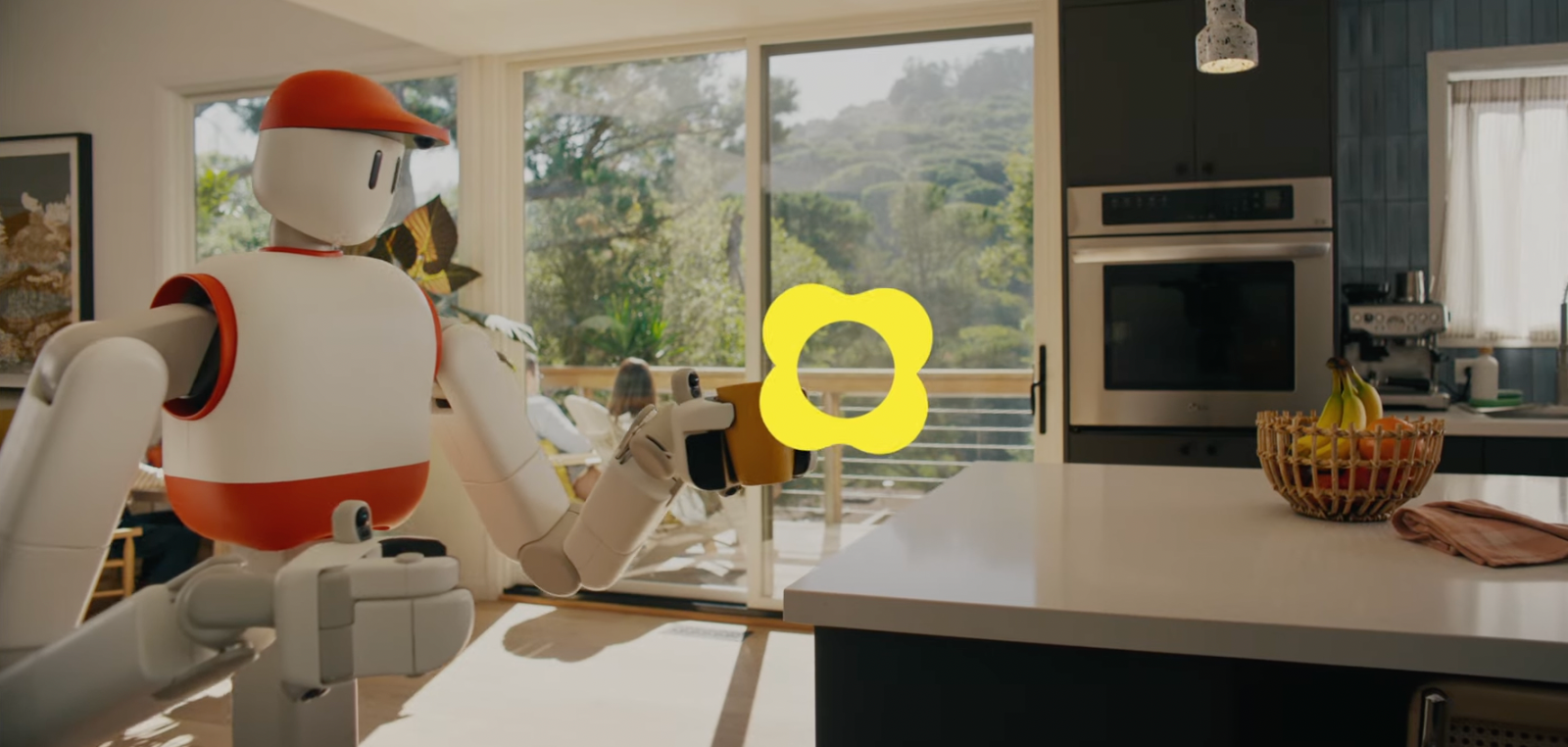
Tesla’s AI and robotics divisions are facing a significant “brain drain” as a stealth startup called Sunday Robotics emerges with a roster of engineers from Tesla’s Optimus and Autopilot teams.
We are used to seeing Tesla executives leave, especially to other AI giants, as the competition ramps up and large compensation packages are being thrown around left and right.
However, this feels different. Sunday Robotics isn’t a Fortune 500 company poaching Tesla engineers with big packages. It is a tiny startup that just came out of stealth with a funding round that would be a rounding error in Tesla’s financials.
Sunday Robotics officially emerged from stealth today, announcing $35 million in funding led by Benchmark and Conviction.
The startup, founded by Stanford roboticists Tony Zhao and Cheng Chi (Zhao previously interned at Tesla Autopilot), has recruited an impressive bunch of senior Tesla engineering leadership.
The list of departures includes:
- Nishant Desai: an almost 5-year veteran at Tesla’s machine learning team working on Autopilot and FSD.
- Nadeesha Amarasinghe: The former Engineering Lead for AI Infrastructure at Tesla. He was responsible for the massive backend systems that train FSD and Optimus. He was at Tesla for moer than 7 years.
- Perry Jia: A key engineer on the Optimus and Autopilot programs. He spent almost 6 years at Tesla and led the data engine programs. Now, he leads Data Operations at Sunday.
This isn’t just random attrition. Sunday Robotics has effectively poached a “full stack” of robotic and AI engineers from Tesla.
They also recruited other employees from Tesla, and it wouldn’t be surprising to see more join, as Jason Peterson, a talent recruiter for Tesla’s Optimus and Robotaxi programs, confirmed that he also left Tesla in September to join Sunday.
What is Sunday Robotics?
So, what are these engineers leaving Tesla to build?
Sunday Robotics is taking a different path than Tesla’s general-purpose humanoid. Their debut robot, Memo, is a wheeled domestic robot designed for household chores such as cleaning dishes and folding laundry.
By ditching the legs (Optimus is bipedal), Sunday claims they can focus entirely on dexterity and reliability. The robot is trained on a massive dataset of 10 million behavioral episodes, which the company claims gives it a “ChatGPT moment” for physical movement.
The most interesting technical divergence from Tesla is how Sunday collects data.
Tesla relies heavily on VR teleoperation suits to train Optimus. Operators wear motion-capture suits and mimic tasks in a lab. It’s high-fidelity, but it’s slow and expensive. Tesla now claims to also train just on video.
Sunday Robotics has a different approach this with a $200 ‘Skill Capture Glove’. They distributed these gloves to hundreds of ordinary people (“Memory Developers”) who recorded themselves doing chores in their own messy homes.
This allowed Sunday to crowdsource 10 million episodes of real-world data, messy kitchens, weird lighting, and cats jumping on counters at a fraction of the cost of Tesla’s teleoperation labs.
The gloves also reflect Memo’s much less complicated hands, which can make them more reliable and cheaper.
Electrek’s Take
Elon Musk is telling anyone willing to listen that Tesla is ahead of the competition when it comes to “real-world AI” and robotics.
He claims that Tesla will start producing Optimus robots in the millions of units starting next year and it will eventually “end poverty.”
Not many people who are serious about robotics take these claims seriously.
Many other companies are developing humanoid robots, and Tesla shows no evidence of being ahead of the pack, while there are still many obstacles to make them useful at scale.
A company like Sunday has a less ambitious but more realistic approach that could pay off, and it is convincing some Tesla engineers to jump ship.
FTC: We use income earning auto affiliate links. More.

